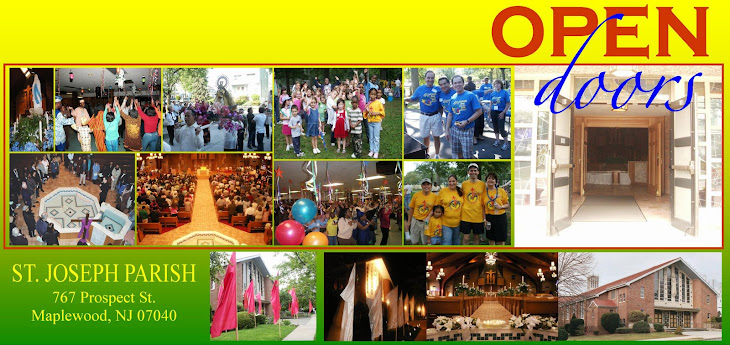
When the light of Cory Aquino’s life, flickering as it had been, in the final, painful, month of her hospital seclusion, was finally extinguished, the country had been, in a sense, expecting it. Yet the news was still received with shock; and grief has settled over the nation, uniting rich and poor, old and young, the partisan and the apathetic, men and women, soldiers and civilians.
Unity is a rare thing in our country; we have it now; and adding to the feelings of grief is the wistful realization that it took the passing of Cory to reunite a divided nation.
In 1948, with trembling voice, Jawaharlal Nehru informed his people of the passing of Mahatma Gandhi with these immortal words: “The light has gone out of our lives and there is darkness everywhere.” There was no single great national figure to inform the country of Cory’s passing; instead, a quiet announcement came from her grief-stricken son, and there began the passing on of the news, and the sharing of fond memories.
It is only fitting that the Filipina who tried to institutionalize active non-violence in our bloodstained political culture inspired a similar sense of loss among Filipinos as that expressed by Nehru. Gandhi inspired Cory’s husband; and what Ninoy set out to do, she continued after his cruel murder. Non-violence has been, ever since, the dominant means to accomplish change in our country—a revolution in thought, accomplished by prayers, marches, candlelight vigils.
“The light that has illumined this country for these many years will illumine this country for many more years,” Nehru went on to say, “and a thousand years later, that light will be seen in this country and the world will see it and it will give solace to innumerable hearts.”
What was that light? It was the small but steady flame of personal conviction and conscience that never flickered even when the country and those she considered her nearest and dearest shunned her—ignoring her, even castigating her, because her husband chose to endure imprisonment rather than submit to the dictator.
It was a light that comes from a faith that led her to kneel, not in submission or surrender to the brutality and blandishments of the dictatorship, but to scrub the cell of her imprisoned husband on the rare occasions she was able to visit him; and which continued to bring her to her knees, in quiet contemplation and prayer, as she and her husband went into exile and then, in the years after his death, when his cause became hers to take up.
It was the light of liberty, the unquenchable flame of democracy, the light of optimism and faith in the Filipino, snuffed out in her husband’s case by an assassin’s bullets, but which lit so many more little flames, so that it dispelled the darkness that had engulfed the country since 1972. It was a light that could not be extinguished by coups and natural disasters, by the mocking of those who saw in her merely a woman, merely a widow, merely a person trying to return power where it belonged—in the people’s hands, to do with as they chose.
Cory Aquino’s inner light came to the fore once more, after she relinquished power—the only president in our history who never actively sought power but actively sought to relinquish it, fully and on time, once she had that power. It made her stand up whenever democracy was imperiled; she was applauded for it, and jeered for it; others still could not understand what was so clear to her. That incomprehension was born of such critics never having fully understood that inner light, which never required the active quest for popularity that marks the mere politician.
This was the light we took from Ninoy and Cory, which we passed from candle to candle, as we all proclaimed it would be better to light a candle than to curse the darkness. This was the light that was celebrated in our supreme moment of national redemption and vindication.
But for now, hearts are heavy; and there will take place the final series of farewells, from the humble to the great panoply of the honors of State; but throughout, we shall be—as she was—bringers and nurturers of the light, a light that shall never go out so long as the love of liberty burns brightly in our hearts—as it now, eternally, does in Cory’s and Ninoy’s.
As for the rest—the pomp and circumstance that surround the passing of a former head of state—her final wishes as expressed by her family are instructive. The cannons of the military boomed their hourly salute; the flags will be lowered to half staff; a simple guard of honor will keep vigil. But as for everything else, the pomp Ferdinand Marcos craved from embittered exile, Cory with utter simplicity declined. Her sole accompaniment as she goes to her final resting place beside her beloved Ninoy will be those for whom Ninoy died and for whom she lived: we, the people, without distinction as to protocol, or station in life. As in 1983, so it is in 2009: Cory, the people, together to demonstrate that the real power, glory and honors are not for officialdom to bestow, but instead, the Filipino people’s to freely give. And as it was in 1986 so it is now: united, in the streets, in remembrance and democratic dedication to our eternal flame, our Cory. So let these days of mourning be days of commemoration, of savoring, however briefly, that long-elusive sense of national unity we must aspire to always. And let us march, as we had marched,—not merely to bid farewell, but to continue along the path from which too many have strayed: the path of an uncompromising, stubborn dedication to the fight for liberty.
Editorial, Phil. Daily Inquirer (August 2, 2009)

No comments:
Post a Comment